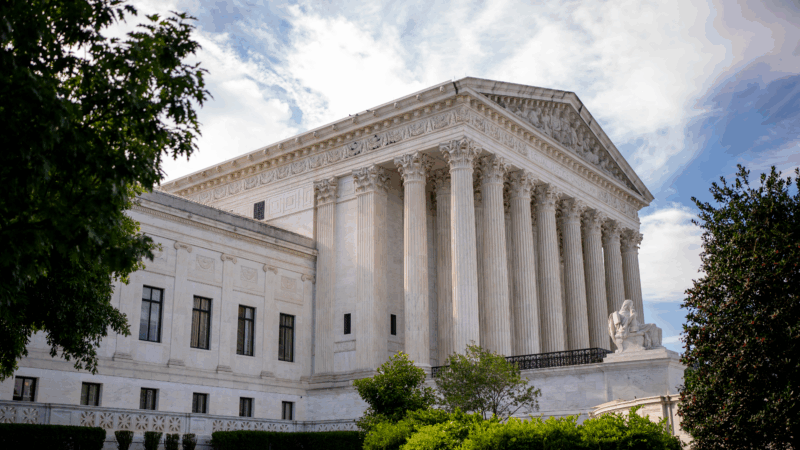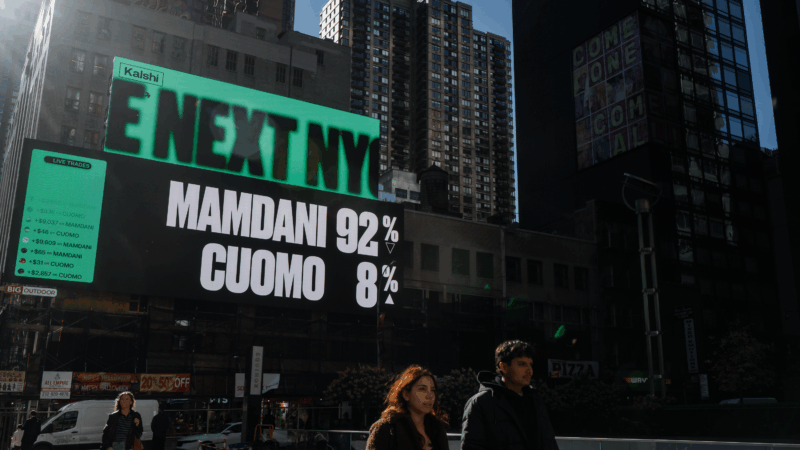Supreme Court allows Mississippi social media law to go into effect
The Supreme Court on Thursday refused to intervene on a lower court decision that affirmed a Mississippi law requiring users to verify their ages before using social media sites such as Facebook, Instagram, and Snapchat.
The Mississippi law is far broader than a Supreme Court ruling just weeks ago that upheld a Texas law mandating age verification to access websites with sexually explicit material. Writing for the court’s conservative supermajority, in June, Justice Clarence Thomas held that requiring adults to verify their age prior to using sexually explicit sites did not violate the First Amendment’s Free Speech Clause because it is important to shield “children from sexually explicit content.”
In contrast, the Mississippi law requires all users to verify their ages before using common social media sites ranging from Facebook to Nextdoor, a social media site that connects people to their nearby neighbors.
In addition to the age verification rule, the Mississippi law requires social media websites to work to prevent children from accessing “harmful materials” and prohibits minors from using social media websites, such as Instagram and Youtube, without parental consent.
NetChoice, a tech industry association committed to “protecting online freedom” sued, arguing that the law unconstitutionally restricted nine of its member websites: websites mentioned above, including Facebook, Instagram, and YouTube.
Netchoice argues that the law violates the First Amendment’s guarantee of free speech without governmental interference. The “monitoring-and-censorship requirements for vague categories of speech,” Netchoice argued, limits individuals’ access to important information ranging from university professors’ online lectures, to statements from political leaders, and other creative content.
Though it is within parents’ interests to protect their children from harmful content, said NetChoice, there are other tools—such as web browser parental controls—that parents can use to regulate their children’s online use.
A district court agreed with Netchoice, temporarily stopping the Mississippi law from going into effect while proceedings continued in the lower courts. But, the conservative Fifth Circuit Court of Appeals lifted the temporary block, without addressing whether or not the law violates the First Amendment.
Justice Brett Kavanaugh, concurred with the court’s order Thursday, but wrote: “In short, under this Court’s case law as it currently stands, the Mississippi law is likely unconstitutional. Nonetheless, because NetChoice has not sufficiently demonstrated that the balance of harms and equities favors it at this time, I concur in the Court’s denial of the application for interim relief.”
The Supreme Court refused to block the Fifth Circuit’s decision, allowing at least temporarily, for the Mississippi law to go into effect.
U.S. life expectancy is going up. Think how many more news quizzes you can do!
When the news gets too heavy, the quiz is forced to turn to pop culture questions — so there are a lot this week. Let's see how you do!
Kari Lake promotes Trump on Voice of America. Does that break the law?
Critics say U.S. Agency for Global Media's Kari Lake risks making Voice of America sound like a propaganda outlet in her remarks on the air praising President Trump.
Kalshi in court over 19 federal lawsuits. What’s the future of prediction markets?
Apps that let people wager on current events have experienced explosive growth in Trump's second term. But one of the leading markets is tied up in lawsuits that cloud the industry's future.
Trump thinks a weaker dollar is great for America. Is he right?
The president said this week that the value of the dollar is "great" despite a sharp tumble since last year. That may be true for certain parts of the economy — but not others.
Meet Mediocre Bunny, the non-Spanish speaker learning Bad Bunny songs
Niklaus Miller, aka the Mediocre Bunny, has spent months learning Bad Bunny's songs ahead of the superstar's Super Bowl half-time show. Millions of fans have tagged along for the journey. Now, he's begging the universe for a ticket. Will it deliver?
Want to be part of a village? You might need to get out of your comfort zone
If you've always dreamed of having a village but feel disconnected from your community, try these five tips. Plus: We want to hear from you. Tell us how you cultivate community where you live.








